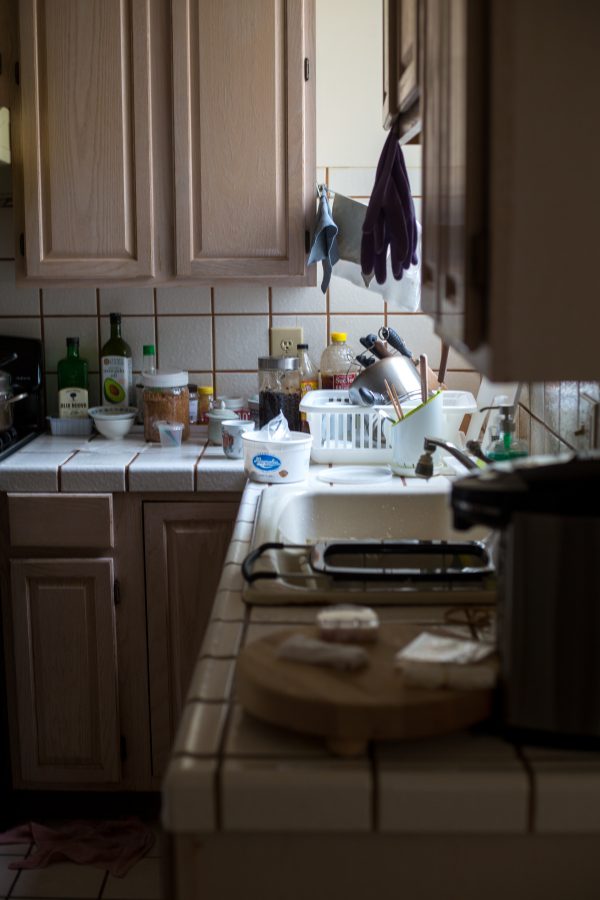
Food hygiene is especially important during times of crisis. Depending on your situation, you may either be taking shelter indoors or you might have to evacuate and you’re outdoors. Whatever the case may be, practicing food hygiene while preparing your meals will prevent you from becoming ill or suffering from food poisoning.
Throw Away Expired Food
The first step to proper food hygiene is to make sure the food you’re eating has not expired. While this may not be considered ‘hygiene’ in the technical sense, it is common sense. All the food hygiene in the world will not help if you’re eating expired food.
Do note that there is a difference between a ‘sell by’ date and a ‘use by’ date. A use by date indicates when the food expires. You should NOT eat food after the ‘use by’ date. A ‘sell by’ date, however, is about quality control.
The stores selling items only want the freshest items for their customers. When a product approaches the ‘sell by’ date, they’ll either discount the price of the items to clear the stock or they’ll throw them away. However, you can still consume the food because a ‘sell by’ date is not an indication of expiry.
Keep Your Hands Clean
This is the biggest culprit of the lot when it comes to contaminated food. Wash your hands thoroughly before preparing food. Even if you’re outdoors and you do not have much water, it’s best to give your hands a quick rinse and use hand sanitizer to disinfect your hands prior to handling the food. Rinse your utensils and cookware well too.
Do Not Cross-Contaminate
If you’re handling raw meat, it’s crucial to use separate knives and cutting boards. Do not let the bacteria from the meat come into contact with the vegetables. While the meat will be cooked at high heat which destroys the bacteria, you’ll probably not be cooking the vegetables in high heat and might end up consuming the bacteria along with the veggies. Be aware of this.
Only Cook With Potable Water
Ideally, you should only cook with water that you can drink. Filtering water that you collect from a lake will not remove the viruses and pathogens. If you must use this water, make sure you boil it well first. This will kill all the viruses in the water.
Wash All Utensils and Cutlery in Hot Water
When you’re done with your food preparation and eating, do try to wash the utensils well. This might be difficult to do if water is scarce. That’s why it’s ideal for preppers to store paper plates and plastic cups that are disposable.
One Server
If you’re staying outdoors, it’s best to have one person to cook the food and one person to serve it. These two people will have rinsed their hands and be hygienic enough to handle the food. They’ll serve the rest of the family or group. This will prevent everybody from grabbing whatever food they want with hands that may be less than clean.
Storage
Store your food supplies in a place that is dry, cool, clean and away from rodents. It’ll be a good idea to keep a collapsible mesh cover with your food supplies. When you do prepare meals, you can pop up the mesh cover to protect your dishes from flies.
Build shelves in your storage area and place your food supplies on the shelves. It’s best not to place food supplies on the ground. It doesn’t matter if the supplies are in cardboard boxes or sealed in plastic. Always place your supplies on a shelf or pallet that’s on a raised level.
Follow the information above and you will avoid food poisoning and other illnesses. Just a little precaution goes a long way. During a crisis, you really do not want to get sick. Finding a doctor will be a hassle and a depressing situation will get worse if you’re ill. Practice food hygiene at all times and you should be safe.

